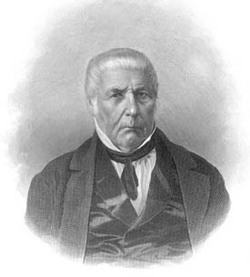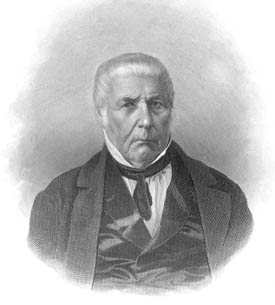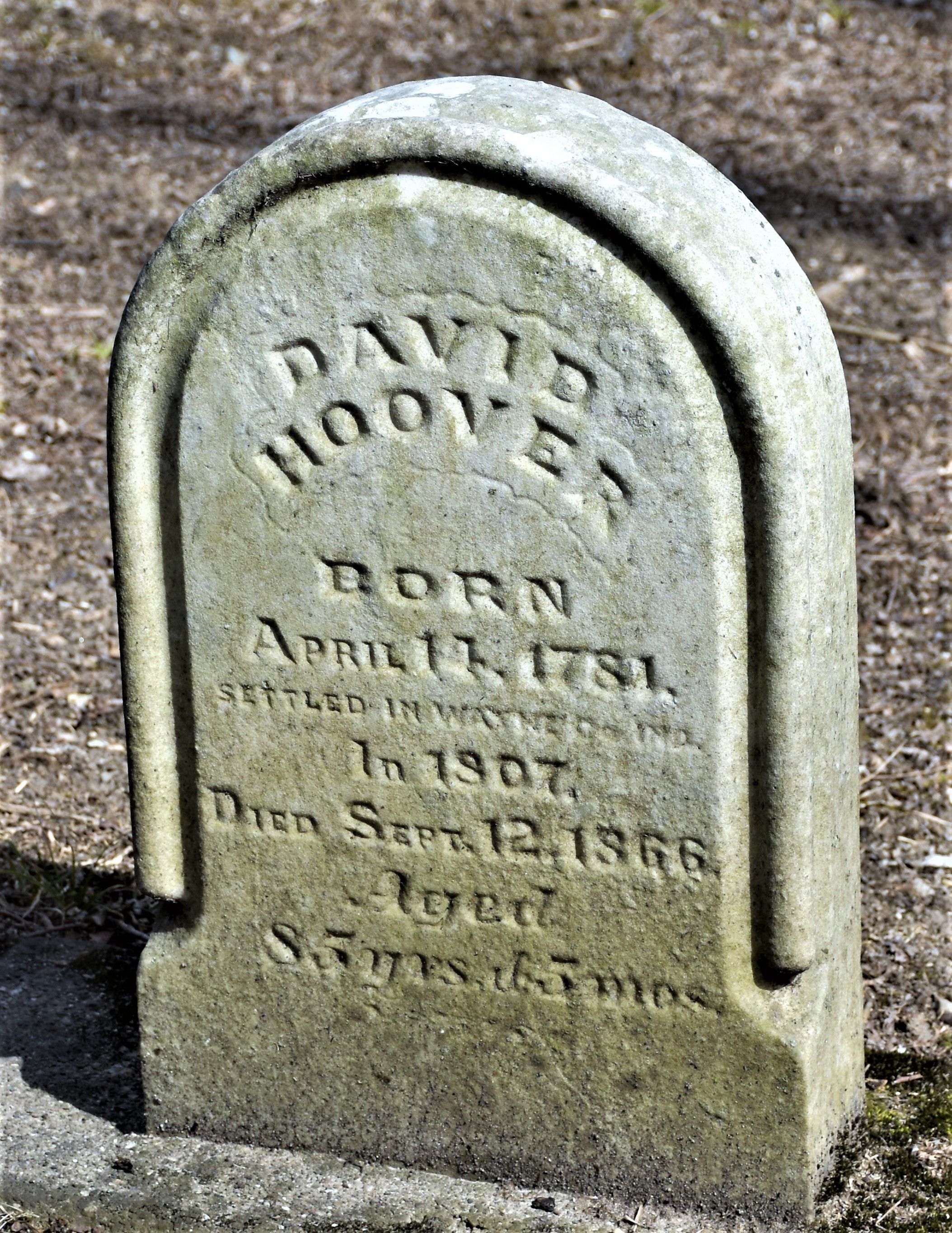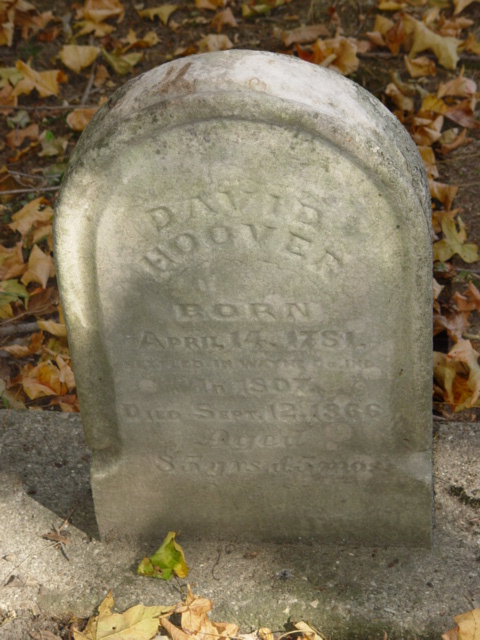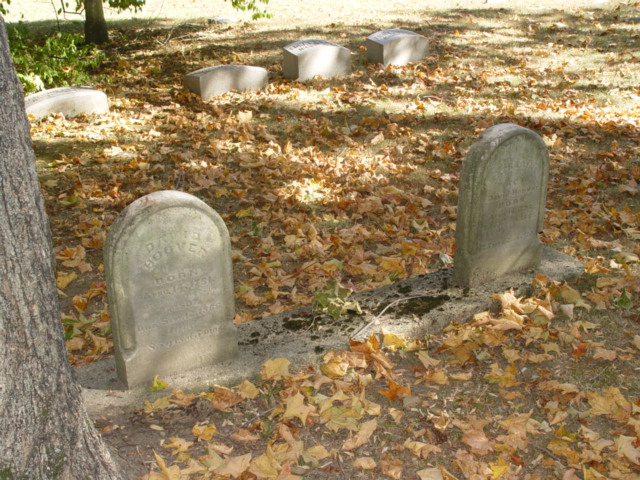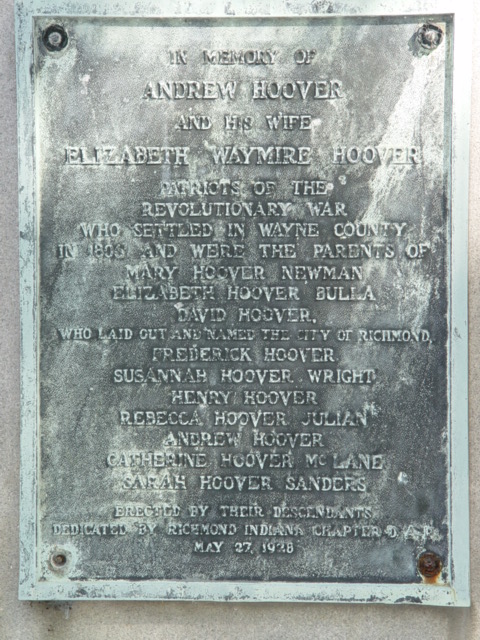Smith and Cox hired Hoover to lay out the city of Richmond and to write the deeds for the property. Hoover is also credited with naming the city. It had first been called Smithville, but some years later Hoover and two other men were tasked with choosing another name. Each man suggested a name, and Hoover's suggestion, Richmond, was the most popular among the current residents.
In 1810, Hoover was appointed Wayne County Justice of the Peace, and in 1815 associate judge of the Wayne County Circuit Court. Beginning in 1817 he spent fourteen years as clerk of the Wayne Co. Circuit Court, and served as a state senator for six years.
In 1854, Hoover wrote his memoir, which Isaac Julian published in 1857.
Smith and Cox hired Hoover to lay out the city of Richmond and to write the deeds for the property. Hoover is also credited with naming the city. It had first been called Smithville, but some years later Hoover and two other men were tasked with choosing another name. Each man suggested a name, and Hoover's suggestion, Richmond, was the most popular among the current residents.
In 1810, Hoover was appointed Wayne County Justice of the Peace, and in 1815 associate judge of the Wayne County Circuit Court. Beginning in 1817 he spent fourteen years as clerk of the Wayne Co. Circuit Court, and served as a state senator for six years.
In 1854, Hoover wrote his memoir, which Isaac Julian published in 1857.
Family Members
Advertisement
Records on Ancestry
Sponsored by Ancestry
Advertisement
